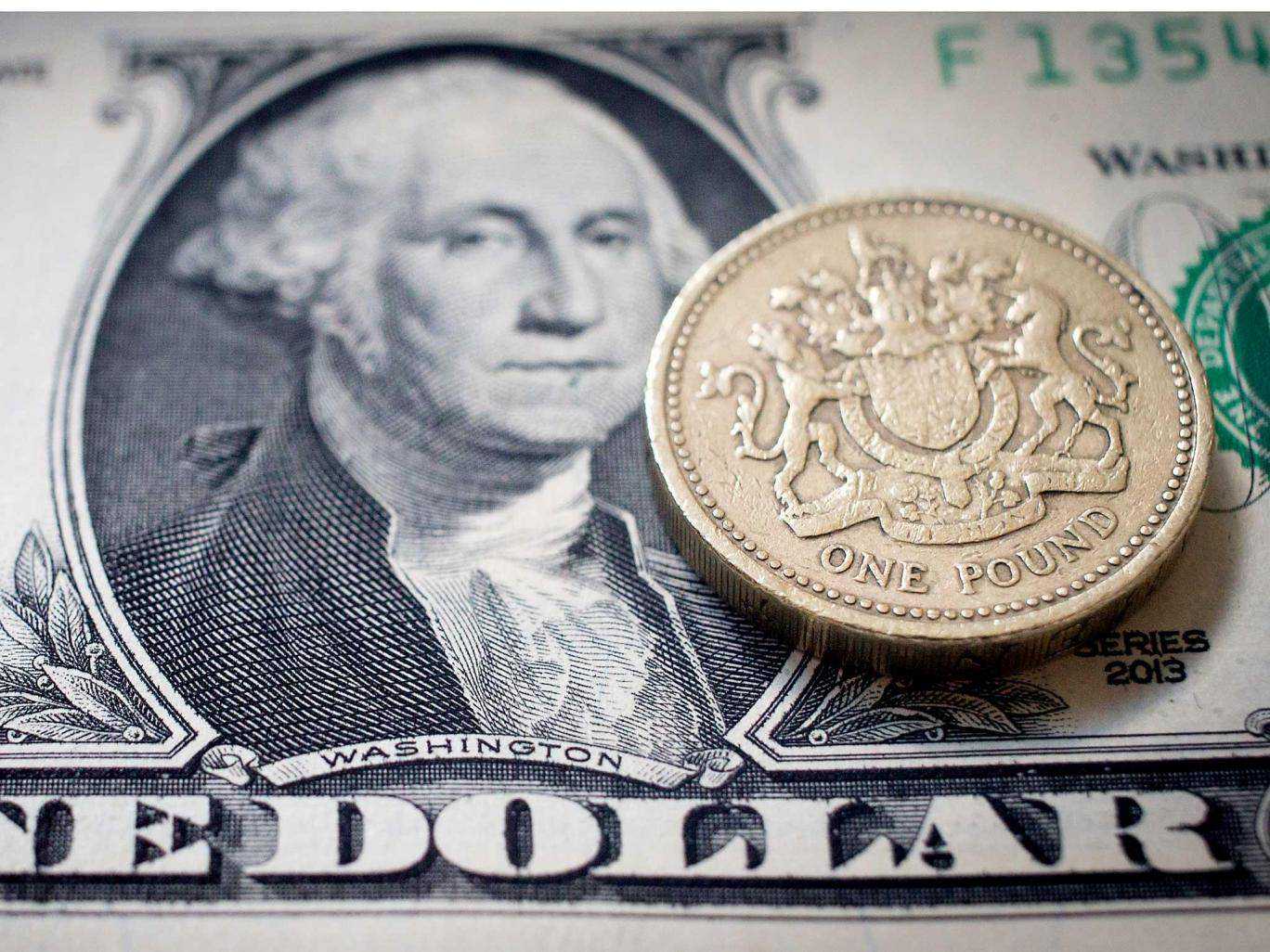Pound hits highest value against the dollar since Brexit vote

The pound has surged to its highest value against the dollar since the Brexit vote after reports that Spain and the Netherlands are prepared to back a soft Brexit deal.
Sterling rose by more than a 1 per cent to reach $1.3691 on Friday, its highest level since 24 June 2016, when the currency plummeted following the vote to leave the EU.
It comes after a report by Bloomberg that said Spain and the Netherlands are potentially open to a soft Brexit deal for the UK in order to maintain trade ties.
Citing a person familiar with the matter, Bloomberg said that Spanish economy minister Luis de Guindos and his Dutch counterpart Wopke Hoekstra had met earlier in the week to discuss Brexit.
“Both have close trade and investment ties and are concerned about the impact of tariffs. They are also worried about losing UK contributions to the EU budget,” the report said.
The pound had been trading at roughly $1.50 before the vote to leave the EU. It hit a low of $1.20 in January 2017.
Nomura currency strategist Jordan Rochester said he was unconvinced by the reports.
"I'm sceptical this is necessarily a game-changer at this stage as there will also be member states pushing the other way,” he said.
Analysts said the rise in pound had been driven by the weakness in the dollar.
“Sterling jumped 1 per cent today to reach its best level since the Brexit vote after a bout of dollar weakness and some good news on Brexit delivered another boost to pound bulls,” said Neil Wilson, a senior market analyst at ETX Capital.
“Although the comments came from just two ministers who don’t necessarily speak for the Barnier team as such, there is a sense that the direction of travel for the UK with regards Brexit is a lot more positive than it was prior to December,” he added.
“We also have positive language around financial services and the prospect of Britain paying for market access.”
The fall in the pound following the EU referendum pushed up import costs, which in turn boosted consumer prices and caused inflation to increase.
Combined with slowing wage growth, households are beginning to feel the squeeze as their disposable incomes start to fall.
